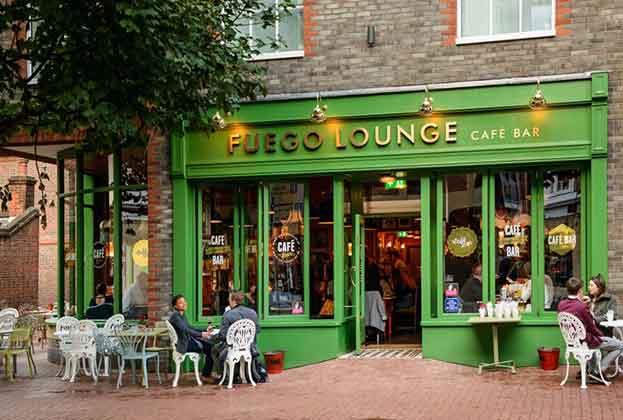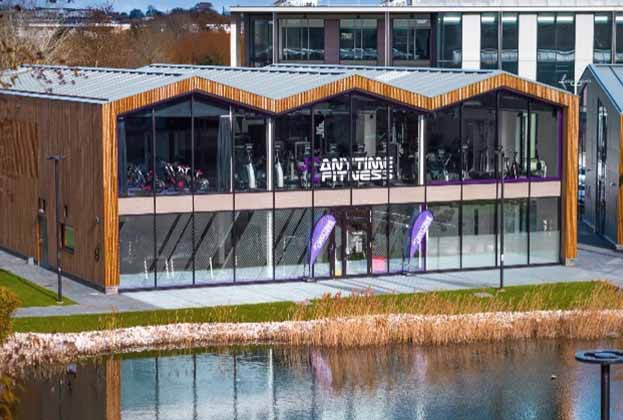Cinema admissions recover post-Covid; however, profits stall for large operators whilst high-end and small-chain operators fare much better
2022 has, so far, seen 90.7 million admissions in the nine months up to the end of September. By July, admissions were already more than for the whole of the previous year at 74.0 million. 2021 did see the market closed for the first four months of the year due to the social distancing measures in place nationwide. However, UK cinemas were open for a full nine months, thus, in 2022, admissions exceeded the total for 2021 with two months less trading.
Comparing this year’s admissions to the first nine months of 2019, the last full year of trading before the onset of Covid-19, the industry is currently at 70% of admissions. If we assume the industry achieves the monthly average for 2022 admissions for the remainder of the year, the total admissions for 2022 will finish at around 69% of those seen in 2019.
Of course, the remainder of this year’s releases will go some way to determining the success of the industry this year. The Marvel film, Black Adam, is one such film that executives hope will help to reverse several months of slow trading as it launched in October. However, a dearth of ‘blockbuster’ movies that attract audiences to the big screen means box office takings are expected to finish further off pre-pandemic levels than originally hoped.
Cineworld, which is in the middle of bankruptcy proceedings, admitted its sales recovery would take at least two more years. Industry observers believe competition from streaming services and a permanent shift in viewing habits, cemented by Covid lockdowns, has made circumstances more difficult for operators.
That said, smaller chains seem to have escaped the worst of the industry pressure. Curzon recorded a £4.7m loss before tax in 2021 when it was forced to shut its doors, according to recent Companies House filings in the UK. However, it has swung back into the black, with its cinemas expected to make £2.3m in pre-tax profits this year.
In the UK, high-end, dine-in cinemas have tended to rebound much faster than larger format rivals. Everyman, which offers plush sofa seating and a waiter service for food and drink, has increased its market share to 4.5%, up from 3% in the first half of 2019. For brands such as these, the ethos is about bringing people out for an evening of hospitality, food and drink and not just a film, making them less reliant on blockbusters. Everyman’s losses before tax narrowed to £798,000 in the six months to the end of June, down from a hefty £9.19m loss in the same period a year earlier.
Read the articles within Spotlight: UK Leisure – 2022 below.
.jpg)






